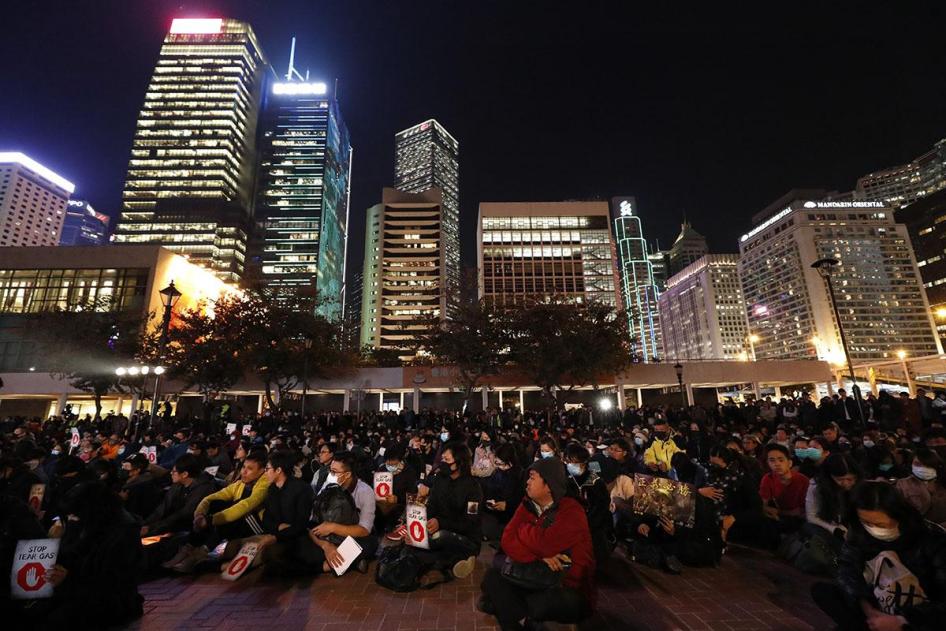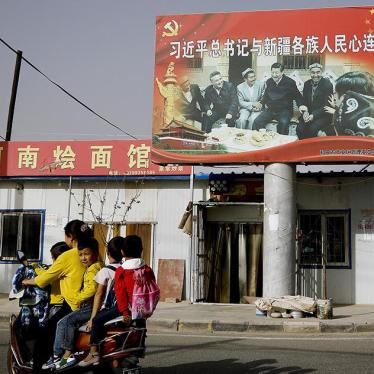The highs and lows of the Hang Seng index. Real estate prices. The cost of new cellphones. In the past, it was these sorts of numbers that some people in Hong Kong noticed.
But now, six months into an unprecedented wave of pro-democracy protests, it’s different figures that capture some people’s attention: 5,800 arrests, 10,000 rounds of tear gas; at least 17 protest applications rejected by authorities, 1,000 retired police officers pressed back into service. And this one: 25 percent of Hong Kong people have participated in a recent protest.
The roots of these protests stretch back over two decades, as Hong Kong people have tried to claim and defend the human rights guaranteed to them as the territory transferred to Chinese control in 1997. They have started political parties and ran for office, they have shown an extraordinary level of civic activism, they have for years peacefully demanded their right to vote. Many have done so because they are mindful that life across the border in China is far more restrictive. And many have done so with an eye on the calendar: In 2047, the “one country, two systems” arrangement, under which Hong Kong is supposed to retain control over matters other than foreign affairs and defense, will expire.
But instead of genuinely listening to people’s concerns and responding appropriately, the reaction of Hong Kong authorities bears a disturbing resemblance to that of their mainland counterparts: at best indifferent, and at worst hostile. Authorities have opted to use excessive police force and refused to allow independent investigations of alleged abuse. They have limited some protests by denying permits, targeted journalists covering the demonstrations, detained first aid providers trying to help the injured, and failed to condemn Chinese soldiers’ brief but unauthorized appearance on the streets of Hong Kong.
But another number may foreshadow the future for human rights in Hong Kong: the unprecedented 71 percent turnout for local elections in November, which led to a wave of pro-democracy representatives being elected. Hong Kong authorities may be acting as if it’s already 2047, but Hong Kong people clearly are making democracy their number one concern.









